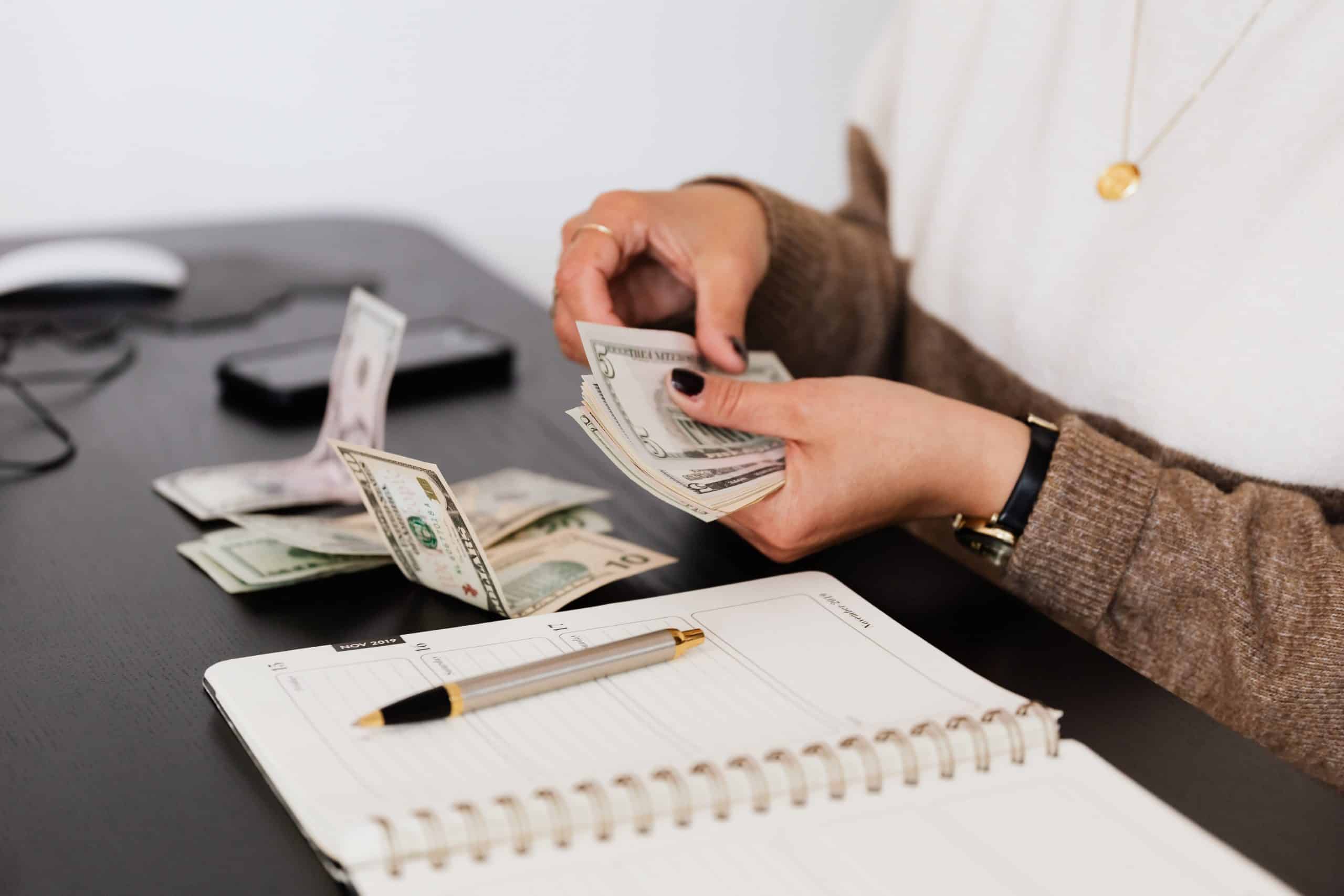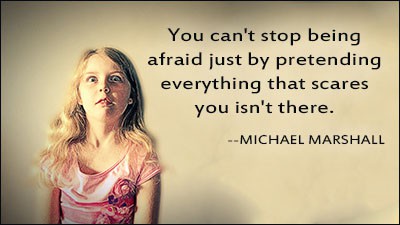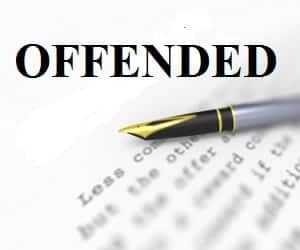How Emotions Affect Your Finances: 4 Reasons Why People Overspend

Your current feelings can affect a lot of things: your mood, how you deal with people, your motivations, your temperament, and even your decision-making. And as with anything in this world, your emotion can have two possible impacts, positive or negative. This is best described as when the emotion is the conscious – but subjective – experience characterized primarily by biological reactions, psychophysiological expressions, and mental states.
Why is money so emotional? Money is emotional because the common emotions associated with money are anxiety, depression, anger, helplessness, happiness, excitement, envy and resentment.
In a shorter layman’s term, emotion is a person’s over-all reaction to whatever is happening to the world. He could be happy, affectionate, angry, disappointed, horrified, hostile, ecstatic, embarrassed, curious or contented with everything that is going on.
There are negative and positive emotions, and the outcome of such emotions is always in parallel to their roots. Even finances and money management are affected by one’s current emotions. Take for example a woman’s shopping spree. The excitement of a shopaholic whenever she sees a “sale” or “new arrival” tag makes her spend more money than she can handle. It sends her to an unconscious manic mood that causes her to charge her card for items over items that are not even necessary. We may also look into the spending pattern of people who have been major financial stress. How much do they spend their monthly income? How about their current financial status?.
The range of emotion of one person can positively or negatively affect his spending pattern. But the bigger impact lies with the person’s feelings and perceptions about money, its worth and its relation to one’s ability to survive.
Knowing how emotions affect finances
With unemployment still in a relatively high rate and a lot of people barely hanging in their jobs, it is not a shocker to hear people complain how they are barely living a decent life and how they may not have anything to eat by the next day. Also, with all the product ads that appeal to our minds with psychological tags making it seem that the product is a necessity instead of just another useless luxury, it is almost impossible to stick to a budget.
So why do people overspend?. There could be different reasons, but mostly, they do it according to how they’re feeling at the moment.
- When you see your favorite brand launching their latest line, or your favorite video game having a new version, how do you feel? Do you get that urge to get up the coach, get ready and then head to the nearest mall to get your own copy? Do you actually buy the stuff or do you think twice about your purchase? If you purchase things impulsively or based on your excitement about different products, don’t be shocked if in coming days, you’re out of cash and your credit card is declined. Buying impulsively makes you buy something no matter out-of-budget it is. If you’ve watched the movie “Confessions of a Shopaholic” starring Isla Fischer, then you know where you’ll be months or years from now.
- Anger and Depression. This is most common to ladies. After a long week of stressful days over a rushed project, or when devastated, depressed, or having a feeling of under-appreciation, the feeling of the need to cheer yourself up overcomes any rational explanation as to why you’re buying something. People who go for shopping therapy makes “I need something to cheer me up, I deserve this, ” an excuse to make any unnecessary shopping spree guilt-free.
- When a person is struggling to make ends meet, the mere word “money” takes them to a walled position making them resist any advice or counseling about their finances. When a financially struggling person opens up about his economic status, he can’t help but rethink about his problems on how to make his little income get him and his family through until the next pay day. They get stressed more and their mood instantly making it hard to talk them out to try financial planning services to help them out. As much as it is true that to talk or ask someone about his income is somehow rude, some people just need to be asked this and be offered services or counseling to make them understand the value of planning.
- We have probably heard about spending within one’s means. There are people who likes to show-off to get socially accepted or just flaunt their financial capabilities by spending big (or swiping big). For credit card holders, this could lead to a list of debt beyond his paying capabilities, making it hard for him to keep up with interest rates and other liabilities. This is exactly why some people get bad credit records. Even people who usually spend cash can also end up running out of disposable money, having no choice but to borrow in cases of emergency.
The best thing to do to avoid financial problems is to appreciate what you have and having a good relation with your finances. Bills paid on time, zero-balance credit card, positive outlook on how money can help you out in your daily life can make miracles.

Increase your financial Self-esteem.
Learn A Simple Three-Part Approach To Attract More Money By Improving Your Self-Esteem
- Discover that your behaviors are driven by your beliefs
- Learn from my top 8 limiting beliefs and how they manifested in my life
- 4 Steps to overcome limiting beliefs
- 3 practical exercises to discover your hidden beliefs, change them and discover your greatness
- A Step by step plan to change your limiting beliefs about money and money beliefs related to low self-esteem.
Read More ….






